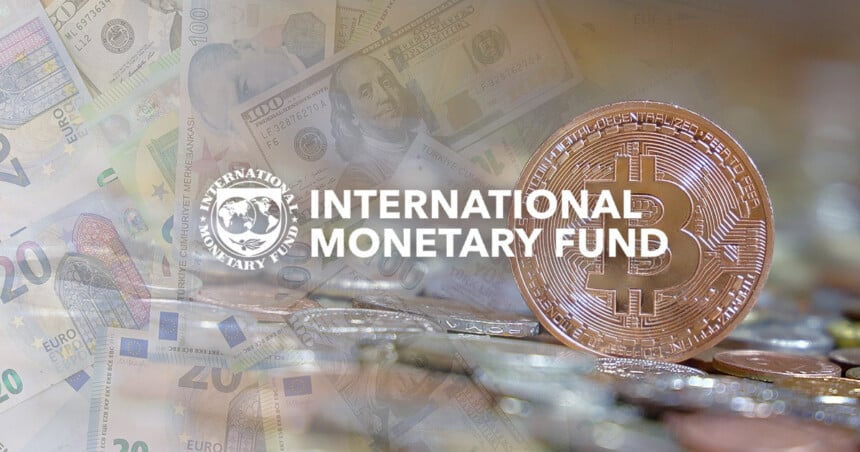The latest research from the International Monetary Fund (IMF) finds that Bitcoin is transforming the global payment transfer sector. This report, which was initiated based on a comprehensive data set, underscores the potential of Bitcoin in isolated areas that have either banking systems with stringent regulations or limited banking opportunities.
The study differentiates between two types of Bitcoin transactions: on-chain and off-chain. On one hand, on-chain transactions using Bitcoin’s core protocol are publicly visible and larger for security reasons. Off-chain transactions facilitated by networks such as LocalBitcoins are smaller and more frequent in regions with restricted credit facilities.
According to the IMF’s research, Bitcoin cross-border flows are more consistent than traditional flows that are affected by widely discussed economic factors such as interest rates and currency fluctuations. The opposite seems to happen. They appear to be more a result of the internal cryptocurrency dynamics. This will undoubtedly turn out positive for countries with strong financial governance, as they’ll be able to carry on cross-border activities by adopting Bitcoin as a means of payment.
The IMF agrees that the market should be regularly reviewed to adjust the risks of crypto and manage them. Moreover, it is seen that the evolution of this area will create new positive outcomes to be utilized.
Furthermore, the document states that it is necessary to ascertain the intricate mechanisms of Bitcoin and other cryptocurrencies so as not only to ensure the seamless integration of these assets into the global finance system but also to guarantee the avoidance of a situation where these assets wreak havoc with the existing economic system.
Also Read: Kraken Buys TradeStation Crypto to Boost US Presence







